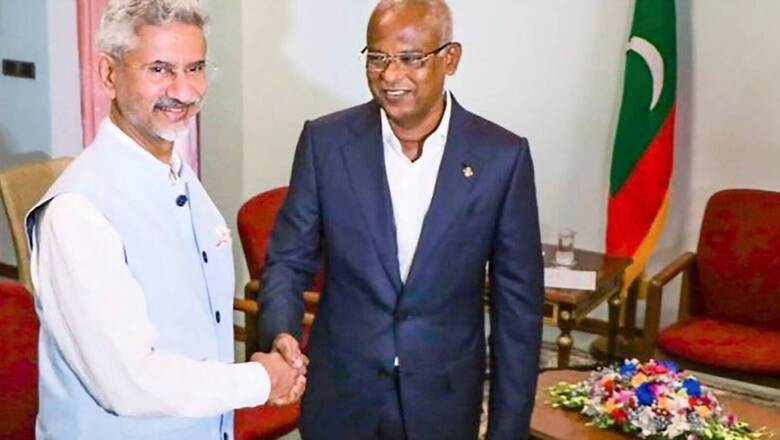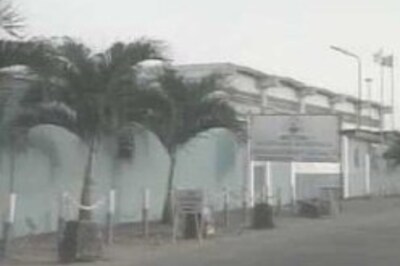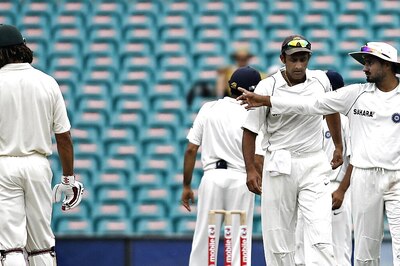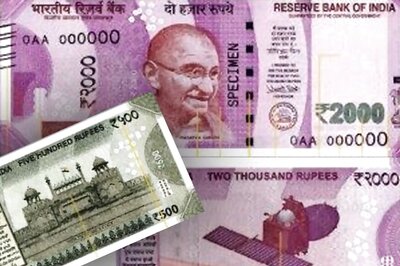
views
In electoral politics, although there is often a major difference between rhetoric while in opposition and action when in government, Abdulla Yameen’s pro-China track record suggests that there is more to his ‘India Out’ campaign than harmless propaganda.
Notwithstanding its small size, there is no overestimating the geostrategic significance of the Maldives. The island nation straddles key international shipping lanes through which half of India’s international trade passes. It is, thus, unsurprising that India contributes significantly to both the security and economy of Maldives.
It is also pertinent, therefore, for New Delhi to carefully assess whether the ongoing ‘India Out’ campaign by sections of the Maldivian political opposition constitutes mere political sloganeering or a credible threat to Indian interests in the Indian Ocean region.
In his recent visit to Maldives, India’s External Affairs Minister S. Jaishankar sought to deepen ties through agreements on a plethora of initiatives encompassing health and education, and deliberations on regional (particularly maritime) security.
Given the pro-India political dispensation in Male at present, Jaishankar used the opportunity to announce the grant of a coastal radar system comprising 10 radar stations to the Maldives Defence Forces and approvals for the building of police infrastructure worth over $40 million financed by EXIM Bank of India.
These endeavours are expected to contribute toward bolstering symbiotic ties between the two nations, as a natural rendezvous of Maldives’ India First and India’s Neighbourhood First campaigns.
Yet, the shadow of the anti-India campaign backed by former Maldives president Abdulla Yameen lurked in the background of the warm bonhomie that was on display between Jaishankar and his Maldivian counterpart Abdulla Shahid. And although in electoral politics there is often a major difference between rhetoric while in opposition and action when in government, Yameen’s pro-China track record during his five-year rule suggests there is more to his India Out campaign than harmless propaganda.
Characterised by widespread human rights violations, arbitrary imprisonments and other measures to suppress freedom of speech and expression, his presidential tenure from 2013 to 2018 witnessed a significant decline in relations with New Delhi accompanied by increased engagements with Beijing.
Dr Gulbin Sultana of Manohar Parrikar Institute for Defence Studies and Analyses states that unlike earlier, “The India Out campaign has become more politically active because now they have a leader, a strong face, in Yameen”. She concludes that it has now morphed from a civil society movement to a political movement.
Countering Yameen’s characterisation of the presence of Indian military personnel in Maldives as a threat to the country’s sovereignty, Addu Meedhoo MP Rozaina Adam stated that “Indian military personnel stay in Maldives for various reasons, to conduct various services at Maldives’ request. And likewise, Maldivian military personnel stay in other countries for various reasons.”
According to her, Yameen could do anything to come to power, including creating a rift between the peoples of Maldives and India.
From India’s perspective, what remains to be seen is whether the Maldivian government stays on its course of “India First” amidst growing pressure from India Out backers, as elections draw nearer.
The ruling Maldivian Democratic Party’s refusal to criminalise the anti-India campaign as proposed by former Maldives president Mohamed Nasheed should in fact be viewed with some consternation in New Delhi. Efforts to, therefore, retain Maldives within India’s sphere of influence through constructive partnerships, assistance, and effective lobbying need to be sustained and possibly enhanced.
Dr Aditya Bhan is currently serving as an Assistant Professor of Economics at FLAME University, Pune. The views expressed in this article are those of the author and do not represent the stand of this publication.
Read all the Latest Opinion News and Breaking News here




















Comments
0 comment